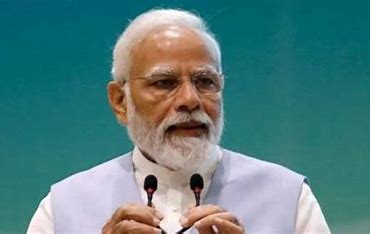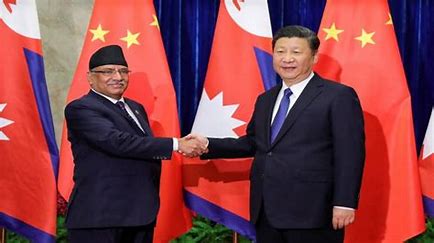
In a development that could be a cause of major concern for India, Pakistan Army and China’s People’s Liberation Army (PLA) have enhanced cooperation in the area of intelligence sharing. This increased level of bonhomie between the two nations resulted in Chinese troops getting detailed information about positions and movements of the Indian Army ahead of the 15 June Galwan clash in Ladakh.
The US intelligence inputs shared with Indian security establishments reveal that Pakistan had given its intelligence on the movements of the Indian Army to China, which gave the PLA an advantage in the Galwan Valley. Twenty Indian soldiers have been killed in a military faceoff with China along LAC in the Galwan Valley.
The US intelligence disclosure has raised alarm bells in the South Block and other security establishments in India. Though Pakistan and China have been in cooperation for intelligence sharing for a long time now, this time round this has gone to a rather higher level.
On the one hand China is saying that it wants to mend diplomatic ties with India, on the other hand it is backstabbing New Delhi in connivance with its all-weather friend Pakistan. Indian security experts believe that now China has gained highest level access in Pakistan establishments which are seized of confidential inputs collected from the region.
Pakistan is fuming with anger ever since India abrogated Article 370 withdrawing special status to Jammu and Kashmir. The political and military leaderships in Pakistan are said to have intensified their efforts to foment trouble for India in whatever manner possible.
With both neighbouring countries taking the intelligence sharing to such a level, India is keeping its intelligence agencies on high alert. The army intelligence units have also been put on high alert mode, say sources.
Washington has shared with India an information which is more alarming. American agencies have told New Delhi that Pakistan Army chief General Qamar Javed Bajwa is involved in the exercise leading to China being able to have correct information on Indian troops positioning and movement in the Galwan Valley. Indian soldiers’ similar positions in other sensitive regions might have also been shared by Pakistan with China, fear the Indian establishments. Now the strategy in India is being toned up to scuttle any Pakistani or Chinese move to create tension in the region if they have access to any sensitive inputs.
The MEA is in regular touch with the US embassy in New Delhi and in other neighbouring countries for updates on this. ISI, which is behind all this, has to be tackled by the Indian side in a strictest way. India has inputs that the Chinese ambassador has participated in the meeting in Pakistan where high-level security and intelligence issues were discussed. According to sources, the MEA may summon the ambassador in New Delhi to register its displeasure and complaint. He will be given all the evidence of the intelligence-sharing received from the US, said sources.













